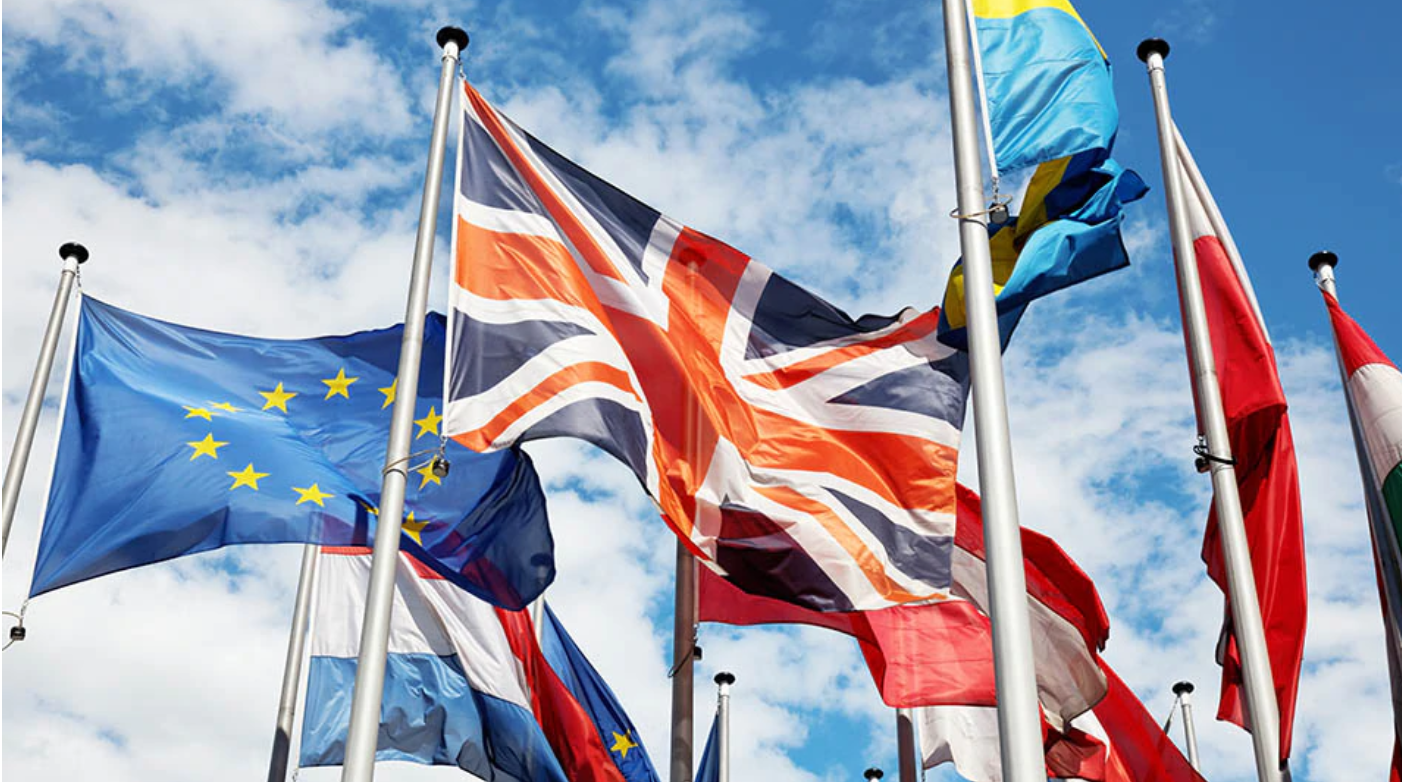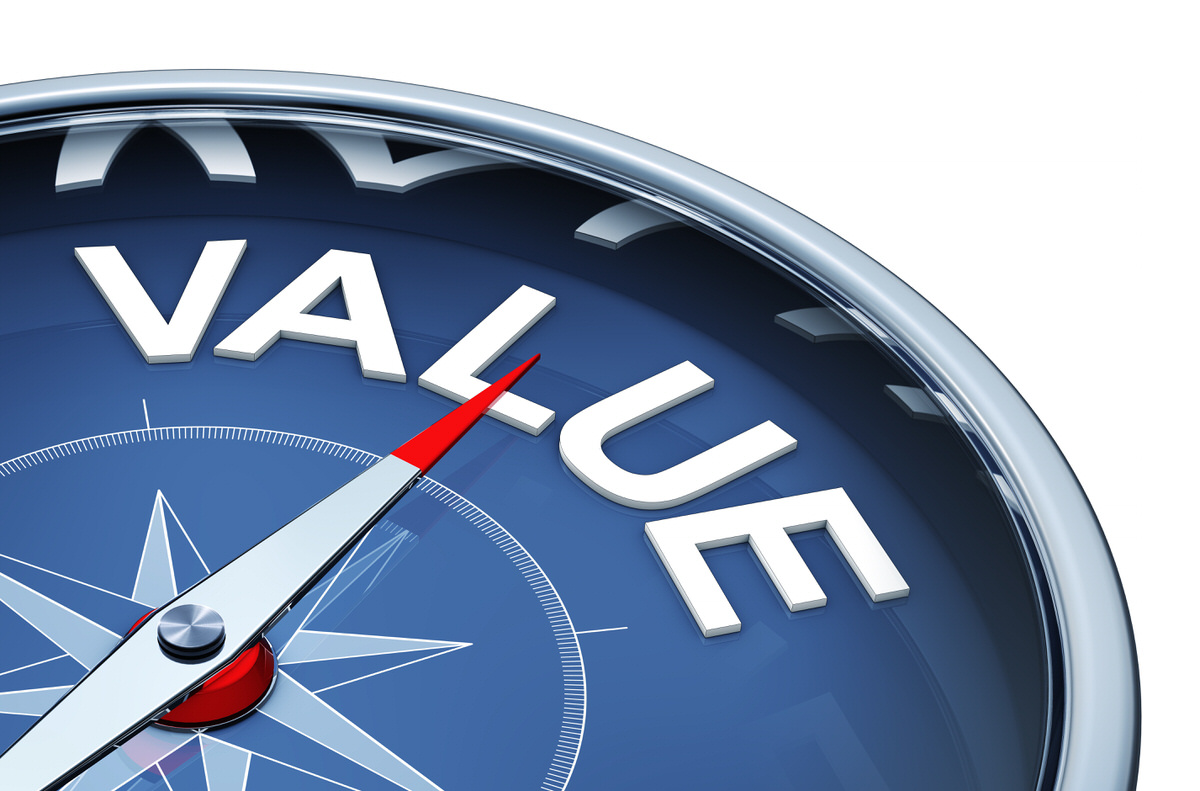by Jeffrey Kleintop, SVP, Chief Global Investment Strategist, Charles Schwab & Company
Key Points
- Joe Biden takes the Presidential oath of office this week in the U.S., marking the end of a long U.S. political contest; a year of political challenges is just getting started overseas.
- The biggest potential for market impact is in Europe where political contests start with today’s vote in Italy, the Netherland’s election in March, Germany’s election in September, and France’s presidential election in April 2022.
- Markets have been pricing in little geopolitical risk in 2021, in part tied to Biden’s promise that he would return to the nuclear deal with Iran. Yet this seems increasingly unlikely with the potential for conflict potentially weighing on stocks.
Joe Biden takes the Presidential oath of office this week in the U.S., marking the end of a long U.S. political contest; a year of political challenges is just getting started overseas. Investors may find it useful to have a guide to what the 2021 elections may mean for the stock market.
The biggest potential for market impacts this year is in Europe where political contests start with today’s vote in Italy, the Netherland’s election in March, Germany’s election in September. The good news is that there appears to be no evidence of the crises that marked the last cycle which threatened to tear the European Union apart. European political risk has significantly softened for several reasons: a disorderly hard Brexit has been avoided, EU-U.S. relations may be subject to less uncertainty under the Biden administration, and the completion of an EU-China investment agreement at the end of 2020. The most important development was last summer’s agreement on the EU’s COVID-19 recovery fund, which marked a big step forward in tying member countries into a long-term program of shared borrowing and setting an important precedent for a fiscal union. The upcoming elections in the Netherlands, Germany, Italy and France—countries who have activity shaped recent EU policy—will be important in deciding the EU’s future direction.
Italy
When it happens: Today, Prime Minister Conte faces a confidence vote in the Senate. Last week, the Italia Viva party withdrew from the country’s ruling coalition, leaving Conte without a parliamentary majority in the Senate
Why it matters: The government’s stimulus proposal in response to the pandemic must be approved by parliament. Conte’s administration has put forth a 32 billion euro ($39 billion) increase in debt to support businesses hit by coronavirus restrictions and extend furlough payments for workers, as well as increasing healthcare spending. The controversial spending program is on top of the current projection of a deficit equal to 7% of GDP in 2021.
Market impact: The most market-friendly outcome is a win by Conte, signaling political support from other parties in the Senate for the stimulus to pass. Another market friendly outcome could be that Conte could resign, and President Mattarella could ask Parliament to appoint a new ‘technocratic government’ until new elections can be held post-pandemic, led by a non-politician, possibly ex-European Central Bank head Mario Draghi, who has long been in favor of fiscal stimulus. Finally, the least likely outcome would be a new early general election. An early election would slow down the implementation of relief measures to handle Italy’s pandemic-induced economic crisis, including the use of 209 billion euros ($253 billion) in EU grants and loans. In addition, it could result in the return to leadership by the euroskeptic League party, which is currently leading in opinion polls.
Netherlands
When it happens: March 17
Why it matters: Last Friday, the cabinet of Dutch prime minister Mark Rutte resigned. This potentially undermines Rutte’s re-election. His chief rival, Geert Wilders of the populist Freedom Party, favors taking the Netherlands out of the European Union (Nexit?) among other controversial and disruptive policies.
Market impact: The current four-party coalition had forced an inflexible, hard line on further European Union integration. A better showing by Rutte’s party may bring increased support for the E.U. in the Netherlands, and support for European stocks. Alternatively, a strong showing by Wilders’ party could renew European break-up risks and weigh on stocks.
Germany
When it happens: German Chancellor Angela Merkel’s conservative Christian Democratic Union party elected a new leader, Armin Laschet, on January 16. The CDU is Germany’s most popular party and its leader stands a strong chance at the September 26 general election of replacing Angela Merkel, who has lead Germany since 2005.
Why it matters: In the coming years, the European Union will discuss many key issues including the completion of the banking union and the introduction of a capital markets union. Germany’s position on both issues will be crucial for the implementation of those plans. Merkel was supportive of Eurozone integration. She authorized large bailout programs for southern European countries in the aftermath of the Great Financial Crisis. More recently, she supported a 750 billion euro ($908 billion) COVID-19 relief fund for the European Union which included the authorization for the European Commission to borrow from debt markets, a first-of-its-kind fiscal integration.
Market impact: A win by Laschet suggests a continuation of Merkel’s policies and would be unlikely to disrupt our outlook for potential outperformance by European stock markets relative to U.S. stocks for 2021. Lachset’s chief rival, Friedrich Merz, is more fiscally conservative and critical of more European integration—his win could be a potential negative for European stocks.
Japan
When it happens: A general election needs to be called by October 21.
Why it matters: Prime Minister Suga took over Abe’s term after he resigned last year, which expires in 2021. The new Suga administration will be looking for success in the battle against the pandemic and in reviving Japan’s economy. The pandemic is the only major stumbling block to a Suga win, according to opinion polling.
Market impact: Japan already tops global economies in terms of stimulus as a percentage of GDP. A call for an early election in the coming weeks or months may suggest Suga is seeking public support for another stimulus program, which may be welcomed by the stock market. Over the past 20 years, the PM’s dissolution of the House of Representatives in Japan necessitated a snap election seven times. Japanese law requires them to be held 40 days after the dissolution. During the six weeks leading up to these election days, Japan’s stock market, as measured by the Nikkei 225 Index, has rallied on average 7%.
Stock market performance around elections in Japan

Source: Charles Schwab & Co, and Factset covering the last seven Japanese snap elections 0f 2000, 2003, 2004, 2009, 2012, 2014 and 2017. Data as of 1/15/2020. Indexes are unmanaged, do not incur management fees, costs and expenses, and cannot be invested in directly. Past Performance is no guarantee of future results.
Iran
When it happens: June 18
Why it matters: President Rouhani might see his chances improve of passing the reins to another “reformer” if he can bring the U.S. back to the nuclear deal. However, that scenario seems unlikely before the election, and hardline conservatives are currently leading in the polls. If a hardliner prevails, the Biden administration is unlikely to be willing to strike any deal that would satisfy Iran’s demands.
Market impact: Markets have been pricing in little geopolitical risk in 2021, in part due to Biden’s promise that he would return to the nuclear deal with Iran. Yet, fulfilling this promise seems increasingly unlikely, with the potential for conflict potentially weighing on stocks.
Elsewhere, 2021 elections may have less market impact.
- In Latin America, populists pushing for loose fiscal policy are likely to gain traction in countries like Peru (election April 11) and Chile (election Nov 21) but may not pressure markets due to solid sovereign balance sheets. However, in Ecuador (election Feb 7) the country’s weak fiscal position could be worsened by frontrunner leftist Andres Arauz’s plan to renegotiate the country’s existing IMF deal and increase public spending.
- In Africa, there is a risk of violence overshadowing key elections. Uganda’s election last week saw a crackdown on an opposition candidate intensify in the weeks leading up to the election. In Ethiopia (election June 5), elections could spark renewed violent clashes between the government and separatists in the Tigray region, who are outside the coalition government.
- In Hong Kong (election Sept 5), the election is a potential catalyst for more protests. The new National Security Law criminalizes succession, subversion, terrorism and collusion with foreign entities, chilling dissent and diminishing the likelihood of another round of disruptive mass protests. The cost of this stability will be the erosion of the city’s status as a global financial hub.
Many investors may be exhausted by the politics of 2020. But political risk, both to the upside and downside for stock markets, could be on tap for global markets in 2021.
Copyright © Charles Schwab & Company
















